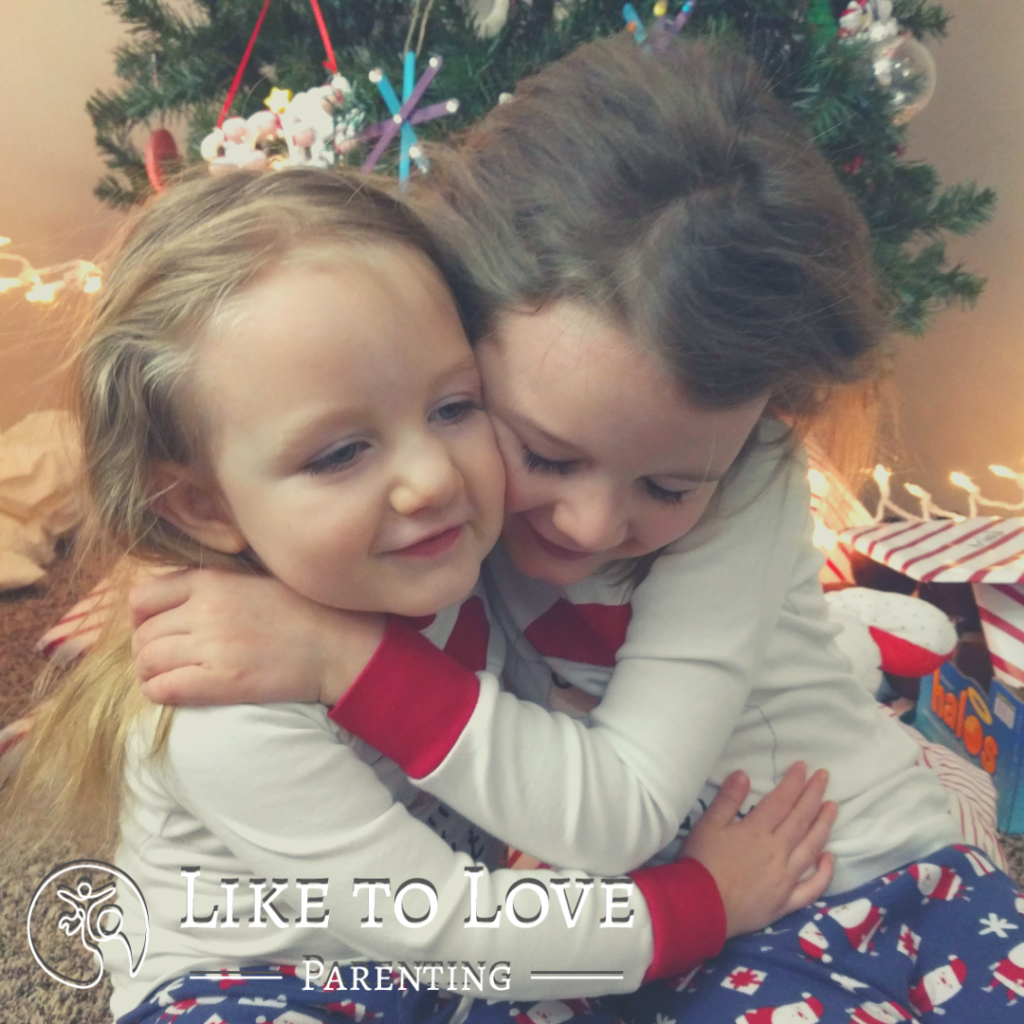We all have these ideas of who we want our kids to be. There’s values we want them to embody and things we want to be important to them. And we absolutely have that influence. The environment we raise them in, the ways we treat them, what’s important to us will all impact who they grow to be as adults.
At the same time, our kids are not us. They will have their own ways of seeing the world, their own interests, things that matter to them more than to you. In fact, some of their ways of being may seem to clash with your beliefs or ideals. And this is where it is absolutely vital to learn how to reevaluate your own ways of being, to see where you’re trying to hold onto an expected image of perfection (or even just what’s “normal” to you).
That starts when they are young. Long before they grow into their own sexuality, religious or spiritual beliefs, political affiliation, life passions, careers, values, etc. It starts with the way you evaluate their behaviors or the way you handle their struggles. It starts with your willingness to listen and understand another point of view. It starts right now.
If, for example, your toddler is hitting… Do you judge this behavior as bad or wrong? Do you fear what will happen if this isn’t stopped? Do you feel an urge to react or do something about it? This is where you’ll find the building blocks of how “ok” you believe it is for your child to be different than you. And this is the place where you have the opportunity to create a foundation of radical acceptance and unconditional love.
Because if your toddler is hitting and all you can see is the problem, the fear, the “bad,” the urgency… Your solution will come from THAT feeling. The feeling that, ‘there’s something wrong with my child and I need to fix it.’ Or ‘my child is doing something bad and I’m responsible to teach them better.’ Or ‘I must be failing for them to be acting this way.’ And those are the same feelings behind your eventual struggles to accept and understand your older child’s ways of living that differ from your own.

So allow me to offer you a change of perspective here. Let’s look at the whole hitting situation a different way. Your toddler is hitting. You feel this action hurting you. You see it hurting others. How do you evaluate this hurt that you witness? What conclusions are you coming to? Let’s break it down…
First look to the source. Is the hitting self-defensive? Is it trying to communicate a need? Is it an expression of energy or feeling? What’s the child’s perspective? If you were in their shoes, can you imagine how this behavior makes sense to them? (hint: don’t move on until you can)
Then look at the receiving end. What does the hitting do to your body? What is the reaction of the other child? What result comes to the object of the hitting? How is this behavior impacting the people around your child? Does this align with your values? Is it a problem?
Now this is the really important part, because it may feel obvious in this situation, but it won’t always be. If you’ve decided there’s a disconnect from what’s important to you, or that something needs to change here, where exactly is the source of this misalignment?
Is it in the way the child best knows how to communicate? Is it in the way it is received by others? Is it in your thoughts about what it means? Is it in your belief systems? Is it multiple things? Is it a clashing of your child’s values with someone else’s? Or a judgment made about something that’s actually normal?
Now this is where you get to lay that groundwork for accepting your child wholly, as exactly the person they are. Where you can release control and hold a safe space for your child to discover their own values and ways of being. With your support, your child can see that who they are and how they act makes sense. And that they also have the power to create a ripple effect around them, as everything is connected.
So instead of teaching “right” and “wrong,” adding to a never-ending list of rules they have to remember… Teach perspective. Teach impact. Teach listening to their heart and discovering the source of their passion and love and what’s most important to them right now.
For a toddler, the most important thing to them at the moment might be the freedom to explore, or for you to pay attention to them, or for them to eat their lunch off the red plate. These values are no less important than yours. How can you honor them and how they see the world? And at the same time honor the values of others to protect their bodies from harm?
Your answer to that will be the answer to how you come to accept and understand the ways your child will grow to be different than you. And the ways they will come to treat and think of others who are different than them too.

0 Comments